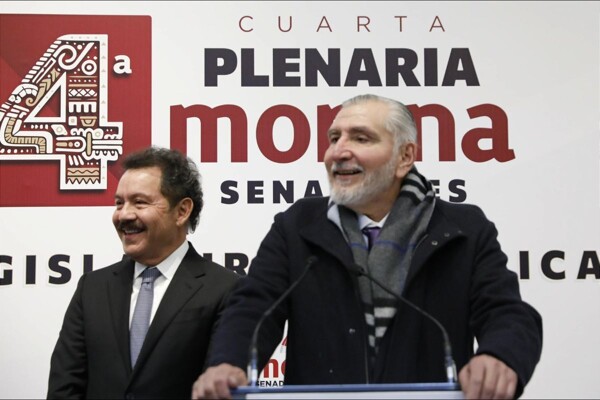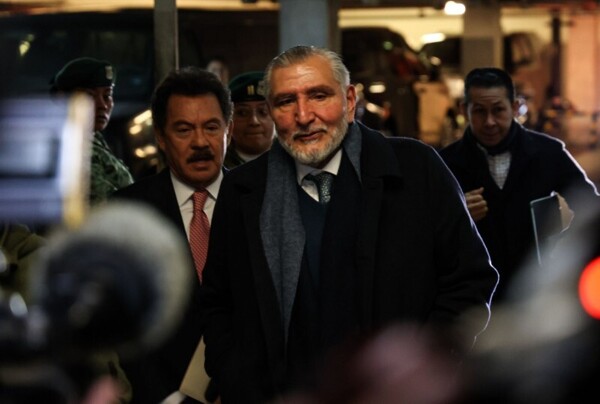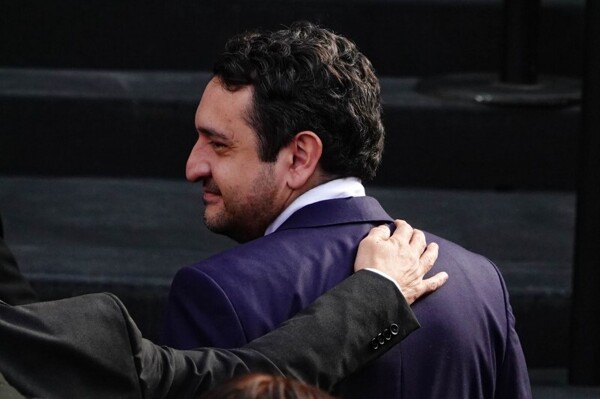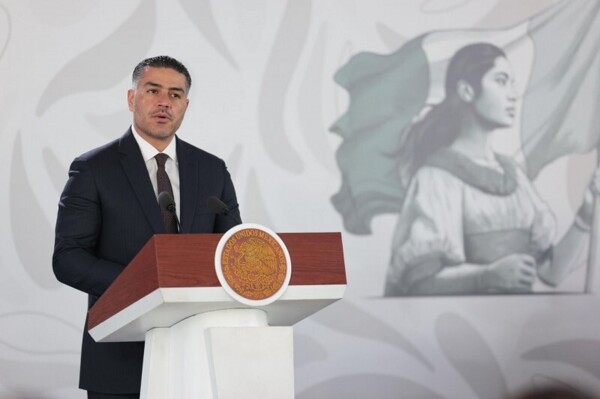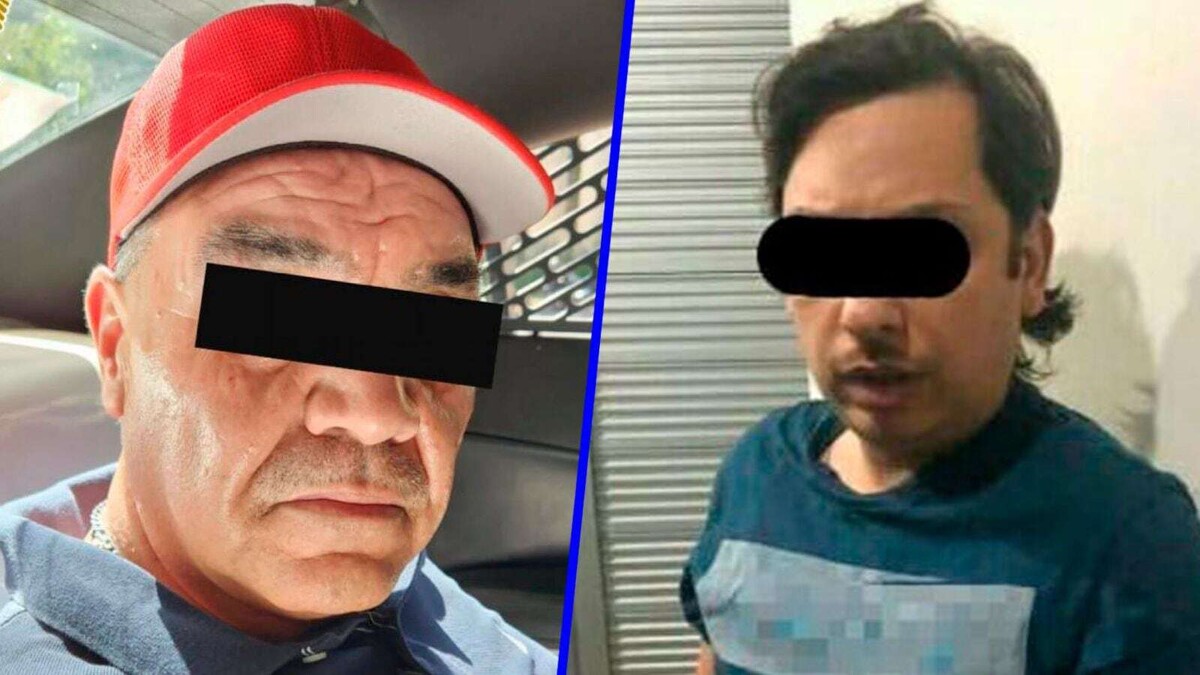
The case of General Salvador Cienfuegos, former Secretary of Defense, is back in the spotlight with the decision to release Rafael Caro Quintero, one of the founders of the Guadalajara Cartel. Caro Quintero, who was serving a 40-year prison sentence, was released in 2013 on a legal technicality. In light of this situation, the question arises whether the government is trying to divert public attention from Morena's drug politics towards the military.
The release of Caro Quintero generated other implications, especially for the Army, considering the possibility that the case against General Cienfuegos may be reactivated in the United States. Cienfuegos was arrested in Los Angeles in 2020, accused of receiving bribes from criminal organizations. The extradition of El H-3 has also sparked interest, highlighting the contrast between recent failed and successful extradition processes.
In this regard, it is worth noting that the pressure from the Mexican government and statements from criminals have been determining factors in these cases. The actions of López Obrador, who initially admitted Cienfuegos' guilt but later rectified under pressure, have been subject to criticism. Similarly, the request for extradition of Caro Quintero by U.S. authorities has posed a challenge for Mexico.
The issue of extradition and the pressures between different governments have created a complex dynamic in these cases, evidencing the tensions and negotiations behind the scenes. The detention of Caro Quintero by the Navy under DEA pressure, as well as the political and criminal implications in these processes, continue to generate debates and questions about justice and cooperation in the fight against drug trafficking.











